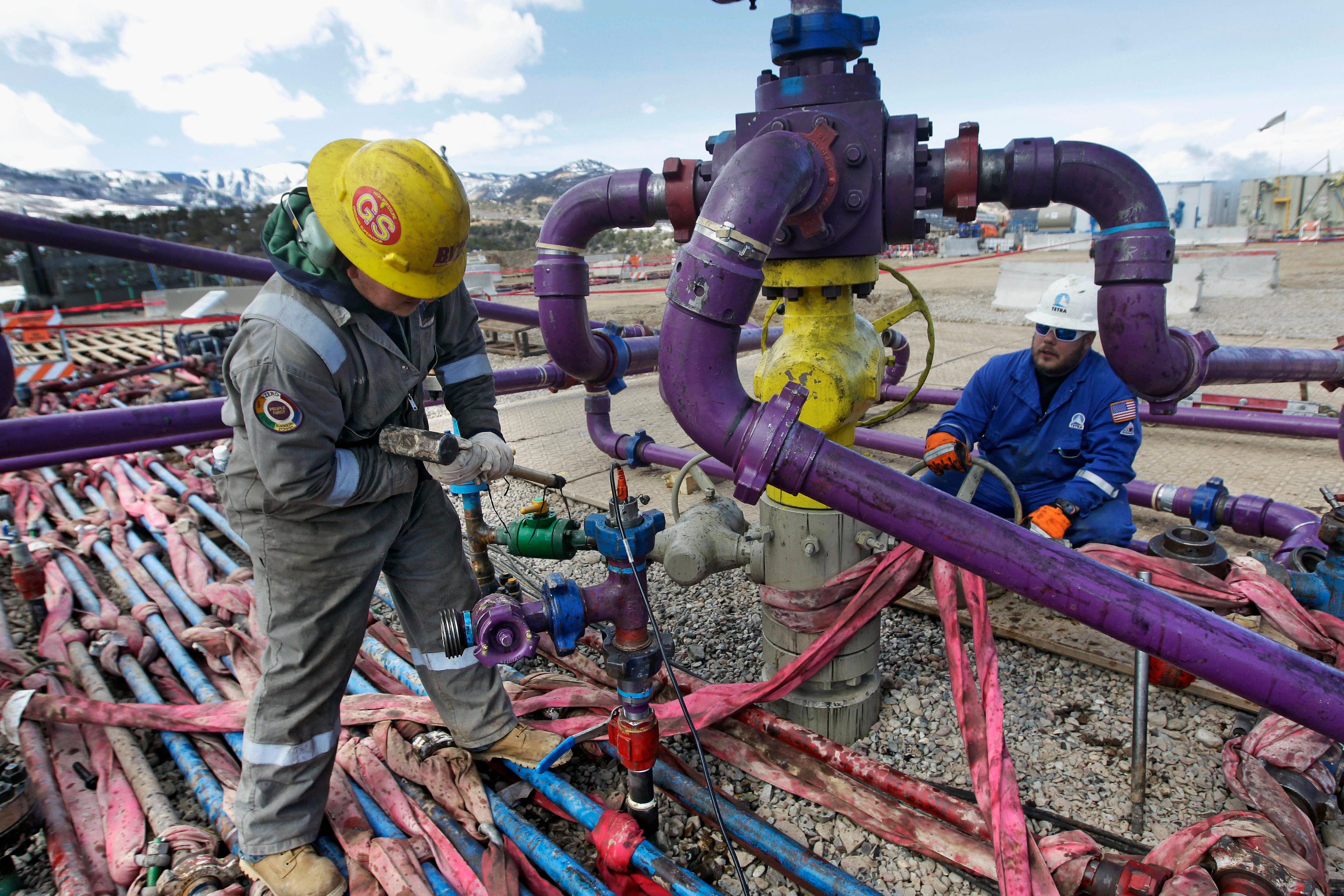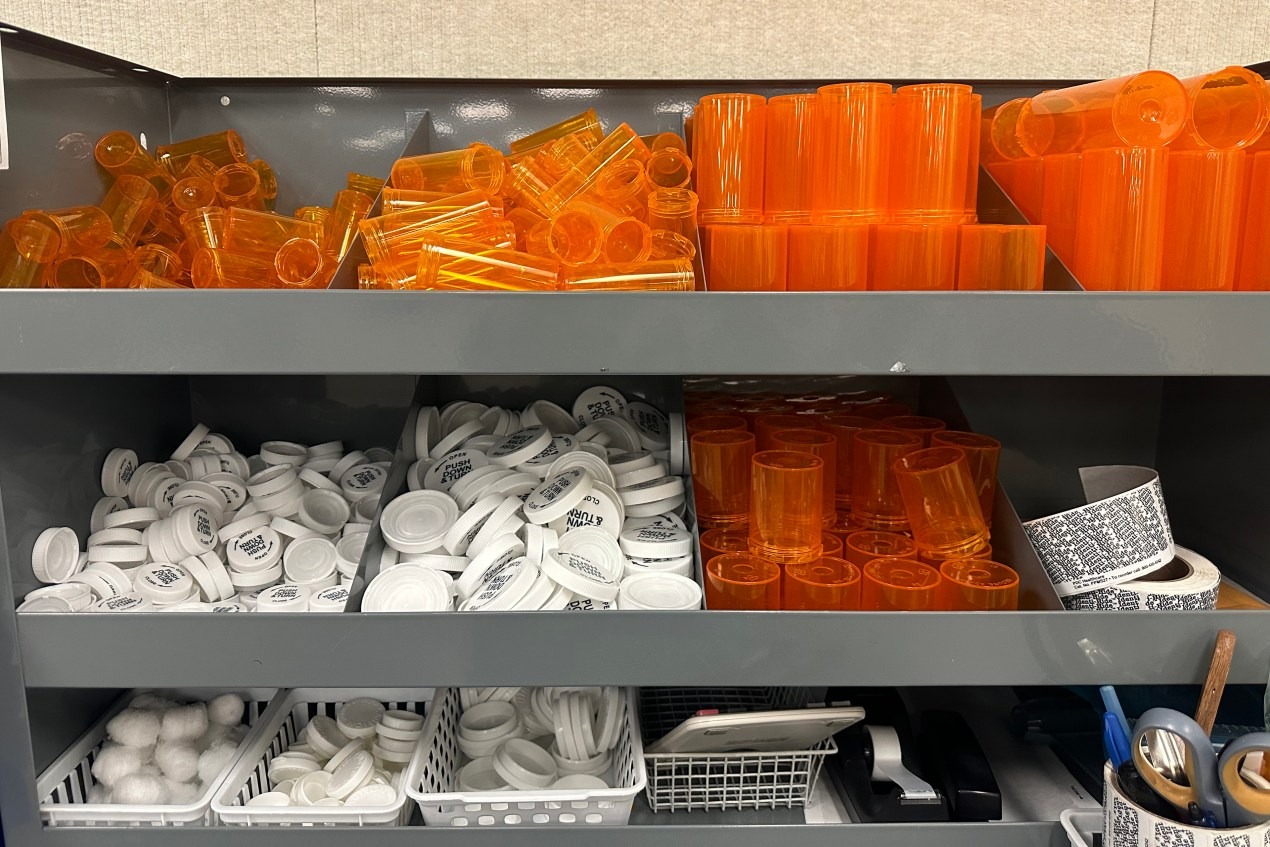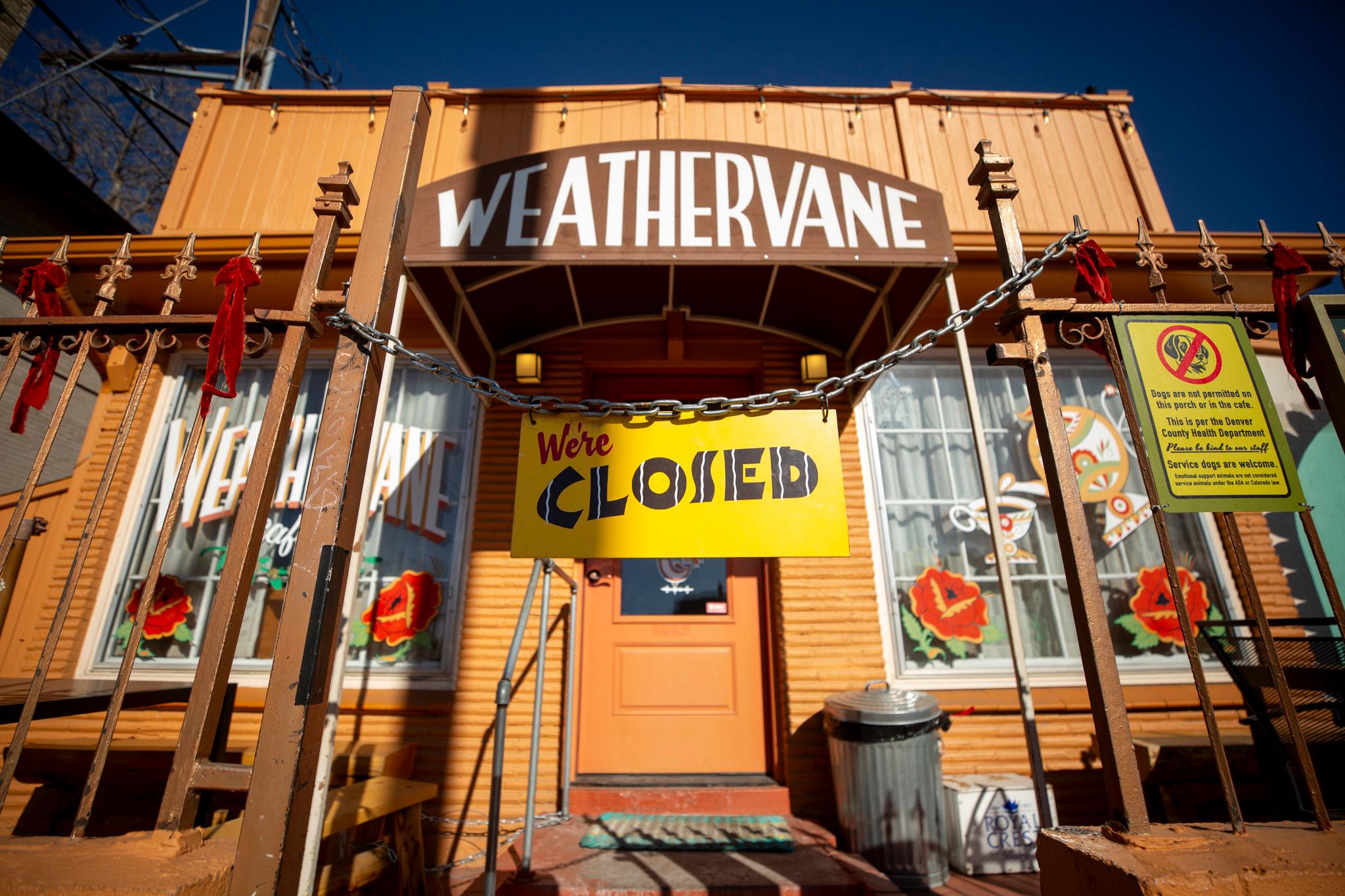

An oil and gas advocacy group said Tuesday that Colorado has billions of dollars' worth of petroleum still in the ground, and warned that taxpayers could face huge compensation claims if voters ban drilling.
At least five oil and gas measures have been proposed for the statewide ballot this fall, although none appears to impose an outright drilling ban.
The admonition from the Colorado Alliance of Mineral and Royalty Owners (CAMRO) was a salvo in Colorado's latest skirmish over who should regulate the oil and gas industry, and how much.
Technological advances including hydraulic fracturing, or fracking, and directional drilling spurred an oil and gas boom in Colorado, but they also roused strong vocal opposition because many drilling rigs and wells have been placed near schools and houses.
- Protect Colorado Has A $8.4M Piggy Bank Ready To Do Battle This November
- Oil And Gas Contributions Flow To 2018 Ballot Measures
The debate is especially intense in the urban Front Range corridor north of Denver, where state's largest oilfield, the Wattenberg, overlaps fast-growing communities.
The mineral and royalty owners group said the Wattenberg field has about $180 billion in untapped petroleum, and royalties for the owners of the mineral rights are worth $26 billion. The figures came from a study by Netherland, Sewell & Associates, a Texas consulting firm that analyzes petroleum assets.
If new rules keep the petroleum in the ground, the owners of the mineral rights could file compensation claims against state and local governments, the group said. Government tax revenue would also suffer, CAMRO said.
"Not only do these estimates represent a staggering value that could be taken without compensation from mineral owners by proposed ballot initiatives, but they represent funds taken from tax coffers that fund schools, roads and other community services that we all value," CAMRO president Neil Ray said.
Assessing the threat of the ballot proposals to oil and gas production is difficult. One proposal would change state law to increase the minimum distance between new wells and occupied buildings to 2,500 feet, from the current 500 feet.
That would restrict the location of new wells, but not ban them. The primary backers of the measure, Colorado Rising, said the royalty owners were using scare tactics.
The group called the longer setback a common-sense buffer between industrial oil and gas operations and schools, homes and water sources.
"Keeping wells out of neighborhoods may cost the industry more, but it is clearly the right thing to do in order to protect Colorado families from deadly explosions and toxic emissions," Colorado Rising said in a written statement.
Four other proposals would change the state constitution to recognize the limited powers that local governments currently have to regulate the industry. The proposals would not provide any new regulatory powers, only put the existing ones into the constitution, according to summaries written by the Colorado Legislative Council.
Colorado lawmakers and courts have given almost all the power to regulate oil and gas to the state, rather than local governments.
Supporters have until August to submit nearly 98,500 signatures for each measure to get them on the ballot









